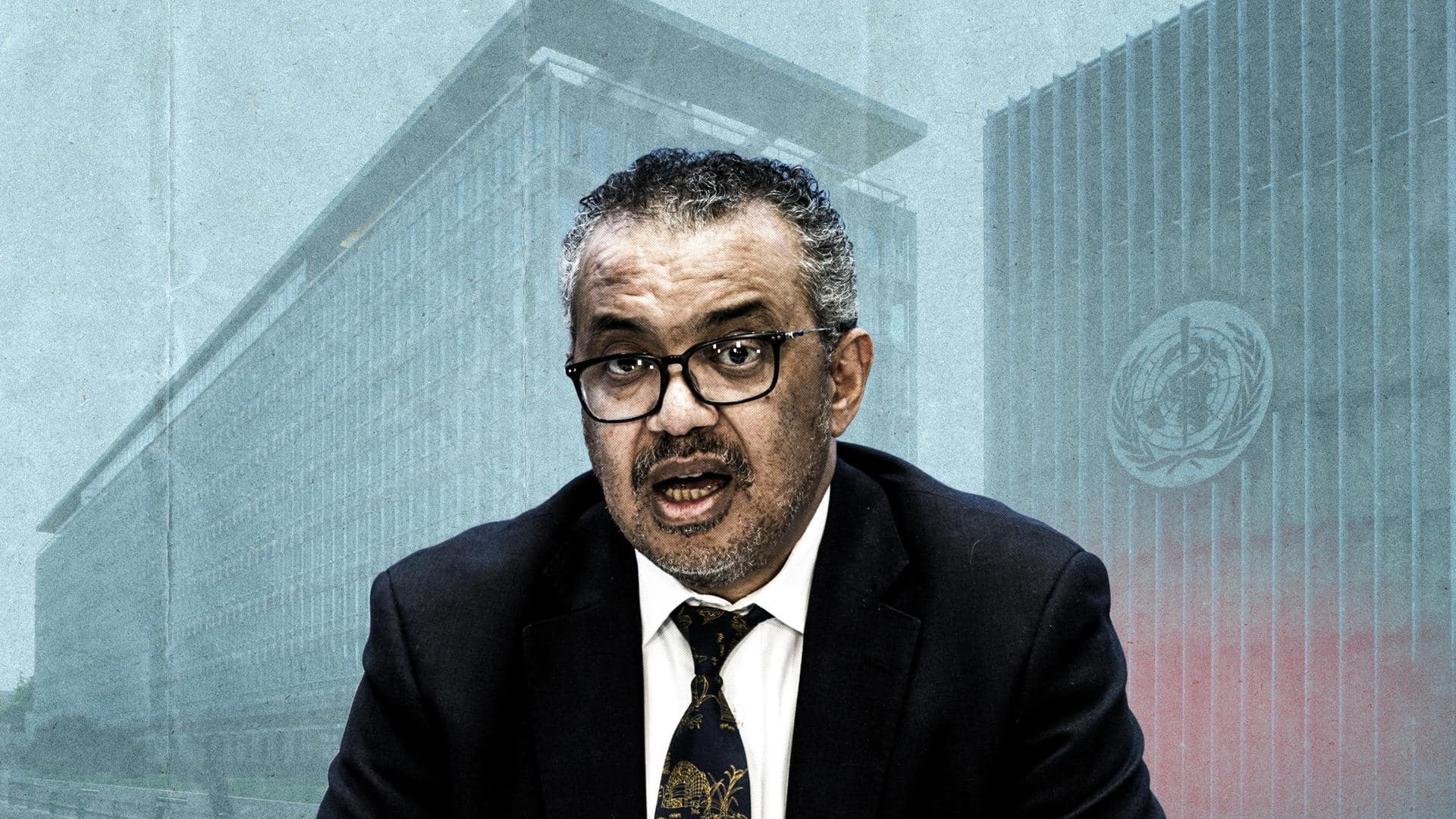
WHO warns next pandemic could be 'even deadlier' than COVID-19
What's the story
World Health Organization (WHO) chief Dr. Tedros Adhanom Ghebreyesus, recently said that we need to get ready for a virus that could be "even deadlier" than Covid-19. Back in 2018, the WHO pinpointed nine priority diseases that were considered the highest threats to public health. What are these nine priority diseases, what does the future behold for the world? Let's explore this in detail.
Information
WHO identified nine priority diseases posing risks to public health
According to the Daily Mail, the WHO, in 2018, identified nine diseases as the most critical risks to public health. These diseases are considered risky either because there are no effective treatments available or because they have the potential to cause a global pandemic.
Priority diseases
The nine priority diseases identified by WHO
The nine priority diseases that WHO identified that pose the biggest risk to public health include well-known names COVID-19, Ebola, and Zika, as well as lesser-known ones such as Crimean-Congo hemorrhagic fever and Lassa fever. The list also includes Middle East Respiratory Syndrome (MERS) and Severe Acute Respiratory Syndrome (SARS), Nipah and henipaviral diseases, Rift Valley fever, and an intriguing yet unidentified "Disease X."
Disease X
What is this 'Disease X'?
No further details of "Disease X" was revealed as it is a potential future pathogen not yet discovered. Dr. Ghebreyesus' statements come in the wake of the WHO's recent declaration that Covid-19 is no longer a public health emergency. Nonetheless, the inclusion of 'Disease X' serves as a reminder that we should stay prepared for unforeseen health risks that may arise in the future.
Quote
The threat of another pathogen emerging remains: Dr. Ghebreyesus
"The threat of another variant emerging that causes new surges of disease and death remains. And the threat of another pathogen emerging with even deadlier potential remains," Dr. Ghebreyesus said at the annual health assembly in Geneva.
Call for preparedness
'If we do not make the changes, then who will?'
In the speech to the member states, the director-general emphasized the urgency of the situation, stating, "We cannot kick this can down the road." He warned that the next pandemic is bound to "come knocking." "If we do not make the changes that must be made, then who will? And if we do not make them now, then when?" he asked.
Pandemic accord
Commitment to establishing a 'pandemic accord' necessary
He said, "When the next pandemic comes knocking - and it will - we must be ready to answer decisively, collectively, and equitably." He called for a commitment from the current generation to establish a "pandemic accord." "A commitment from this generation is important because it is this generation that experienced how awful a small virus could be," said Dr. Tedros.